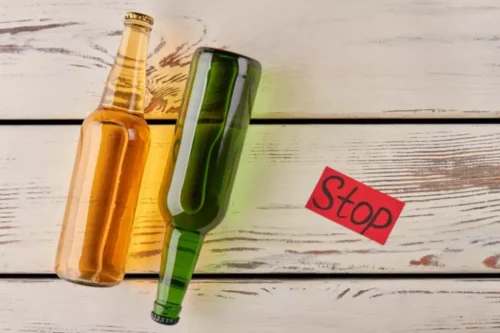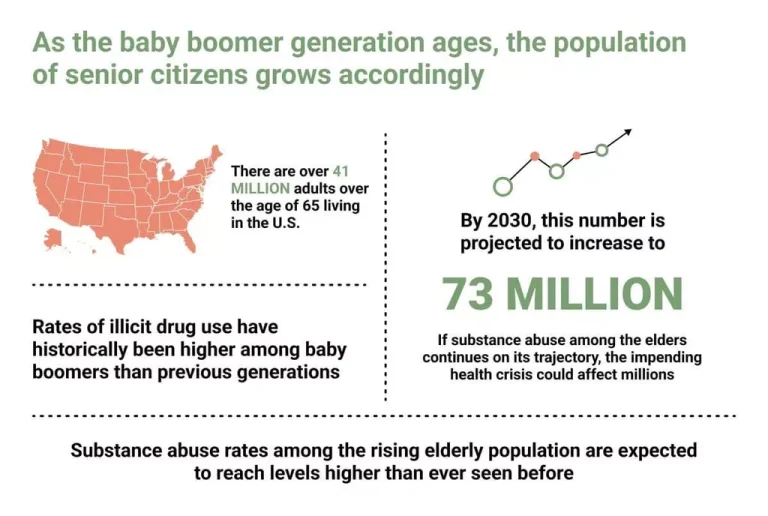
Following are examples of events that might be considered triggers. Feeling triggered isn’t just about something rubbing you the wrong way. For someone with a history of trauma, being around anything that reminds them of a traumatic experience can make them feel like they’re experiencing the trauma all over again. Sometimes, you can quickly identify a trigger and begin to anticipate it. Once you identify a trigger, you’ve taken the first step to learning to manage it.
Learn about some common triggers that raise the risk of relapse and how they can be avoided.
- Relapse triggers are far more extreme for recovering addicts in the early recovery months of addiction treatment.
- McGeehan also recommends grounding techniques, including square breathing or finger breathing, to help people return to the present moment when a trigger strikes them.
- However, the effort invested in understanding and managing these triggers can be a transformative part of an individual’s recovery journey.
- Precommitments are the last line of defense preventing us from sliding into distraction.
They are, however, responsible for their actions, which might trigger your emotions. Generally speaking, most people in your life don’t try to make you feel bad on purpose. Some of their actions or words that upset you could even be a byproduct what is internal trigger of their emotional triggers or other factors you aren’t aware of. First, remind yourself that it’s totally OK to feel whatever you’re feeling in that moment. Sad, angry, afraid, mad — triggers can evoke plenty of emotions, and that’s normal.
What are the 5 causes of relapse?
Take positive steps to manage your stress and anxiety, such as mindfulness, exercise, and speaking to a therapist or support group. Seeking professional help when faced with challenges during your recovery journey is paramount. Therapy, counseling, and support groups are all great resources to help you on your path to recovery, offering essential tools and resources needed to maintain sobriety.

Relapse Risk Factors
For instance, the sound of fireworks can be a trigger for combat veterans with post-traumatic stress disorder (PTSD). Or a certain type of dog might be a trigger for a person who was bitten as a child. Or perhaps you live with substance use disorder, where the smell of alcohol or a certain scene can trigger your symptoms. Avoiding your triggers is the most effective way to avoid having PTSD symptoms. You cannot avoid your thoughts, emotions, and bodily sensations.


Substance misuse
- You may want to let your loved ones know what you’re going through and how you plan on coping.
- But for people who have experienced trauma, triggers can be terrifying, all-consuming, and can seemingly come out of nowhere.
- These triggers can vary from person to person, but some common examples include stress, boredom, loneliness, and feeling overwhelmed.
- Understanding how these triggers affect you is vital to avoid potential relapse.
- Effectively dealing with both internal and external triggers plays a significant role in maintaining your recovery goals.
- The information we provide is not intended to be a substitute for professional medical advice, diagnosis or treatment.
Internal Triggers: A Deeper Understanding
Emotional Turmoil
